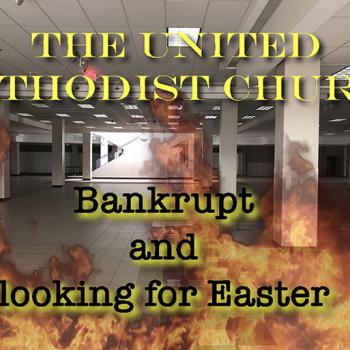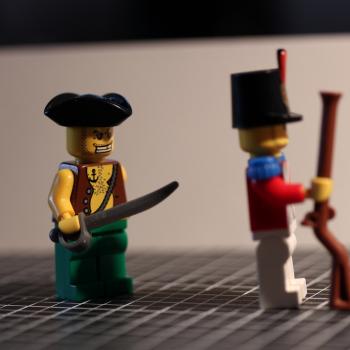So just why did people put down palm leaves when Jesus headed into Jerusalem that last time to celebrate the Passover? Quick answer: because palm fronds were readily available.
Deep answer: the people were hoping that Jesus might be the Sent One who would deliver them from oppression. His reputation had spread. He healed and fed, taught and touched. He stood up to critics, responding to even the most skilled debaters with ease, intellect, and often devastating retorts to questions that were intended to trip him up. Reports of miracles raced from ear to ear in the growing crowds about him.
As he enters Jerusalem, many asked, “Could he do it?” Could he gather around him the necessary critical mass of people with enough energy to overthrow those in power, both Roman and religious? Could this be the coming of the real King who will restore that struggling nation to freedom from outside rule? The people, both powerful and powerless, hoped to find out soon. After the royal welcome, many followed him to the Temple where he was headed for worship.
There, hour after hour, day after day, Jesus began to dig his own grave–or building his own cross–with his words. He tossed those kings of commerce, the money changers, out of the Temple. He openly insulted the religious power folks by comparing them to dishonest and murdering tenants who actively work against the real owner of the land. While dancing and weaving his way through the landmine questions being tossed him by the local press corps, he sobered the crowd by reminding them that it is love of God and love of neighbor that is to drive decisions and desires. He refused to express proper respect and reverence to the learned scholars and found their ostentatious displays of wealth and generosity lacking in substance and sacrifice.
The religious authorities moved fast when they realized that Jesus was not going to be their fall-guy who would enhance their power, position and prestige by getting rid of the Romans. Those religious leaders knew what side their bread was buttered on.
Secret meetings, smoke-filled rooms, dirty deals, dirtier money changing hands, front guys making sure they would emerge untainted by hints of scandal–today’s politicians use no trick that those first century power-brokers hadn’t already figured out. Small boys probably served as their Twitter feeds as runners carrying messages. Meetings at the city gate were effective and popular blog posts. Pillow whispers kept the more secluded women as well-informed as a daily newspaper. Deals made, favors called, the denouement sketched out.
The newly plucked palm fronds withered as the plotting increased and the plan took shape. Final agreement: best to sacrifice this Jesus before more gather around him. Perhaps the next Big Hope will play the game better and say what the plotters and power holders want to hear.
The Roman authorities easily complied with the plan, with only some minimal reluctance on Pontius Pilate’s part.
And Jesus seals the deal on his own destruction by insisting on telling the truth.
Yes, better to sacrifice him. The people will soon forget about this nothing carpenter from nowhere. Maybe a few will hold onto his memories, but most will just follow the next new thing. Jesus’ body will quietly and obscurely rot away.
Yes, far, far better just to sacrifice him. A month from now, only those closest to him will be grieving. A year from now, his name will be mentioned only in passing. A generation from now, he’ll be completely forgotten.
The time is now. Darkness must fight the light, especially when that light reveals too much rot, too much neglect, too much indifference, too much of the selling of the soul for paltry returns.
Yes, let’s do it now. History will thank us.
Now. Let us kill him while we can.
















